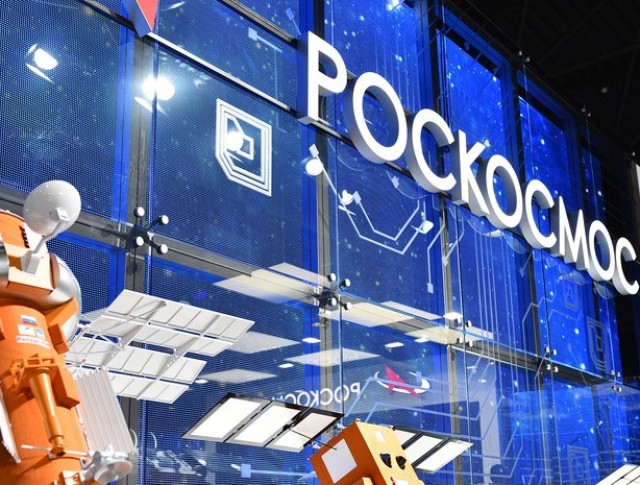The design will be financed under the state defense order
Moscow. November 17th. INTERFAX - The development of a draft design for a new Russian orbital station will begin in 2022, it will take about a year and a half, Alexander Bloshenko, executive director of Roscosmos for Advanced programs and Science, told Interfax.
"The draft project should start next year. To do this, the government should include such work in the list of state defense order activities. We have submitted an appropriate proposal," Bloshenko said.
"We are waiting for the preliminary design work to open next year. It should take, I think, around a year and a half." he added.
Russia, as reported, has decided to build its own orbital station, an exit from the ISS project is being considered, and this is due to the deterioration of the technical condition of the Russian segment of the station.
The head of Roscosmos, Dmitry Rogozin, reported that about 80% of the equipment of the Russian segment of the ISS has exhausted its resource and the cost of maintaining it after 2025 will be comparable to the cost of creating a new station.
It was reported that Russia may withdraw from the ISS project from 2025, transferring responsibility for its segment to station partners. At the same time, it was noted that Russia can continue to support its segment with the financial participation of the United States.
An alternative would be the creation of a national orbital station, the first module of which is planned to be launched in 2025, and the deployment will be completed in 2035.
On July 31, the Scientific and Technical Council of Roscosmos approved the creation of a new Russian orbital station.
The ISS is scheduled to be completed in 2028, by which time Roscosmos should launch a new Russian orbital station.
On September 21, the Scientific and Technical Council of Roscosmos and the Space Council of the Russian Academy of Sciences approved the concept of the new station and recommended submitting it to the Government of the Russian Federation.
Russia will be able to finance the construction of a new orbital station itself, but it is also ready for cooperation, Russian Deputy Prime Minister Yuri Borisov said on April 19, noting that the station could be "a kind of intermediate point for flights and exploration of the Moon, lunar space."

